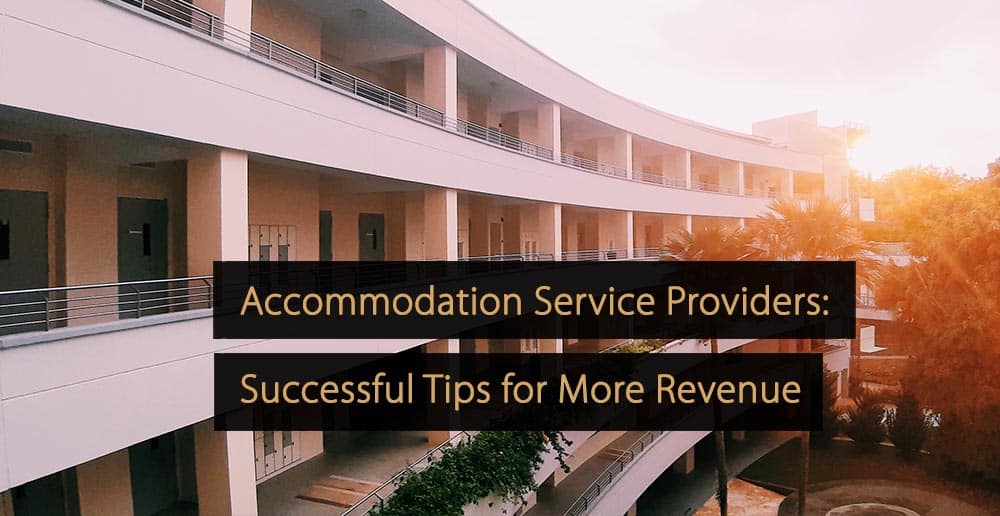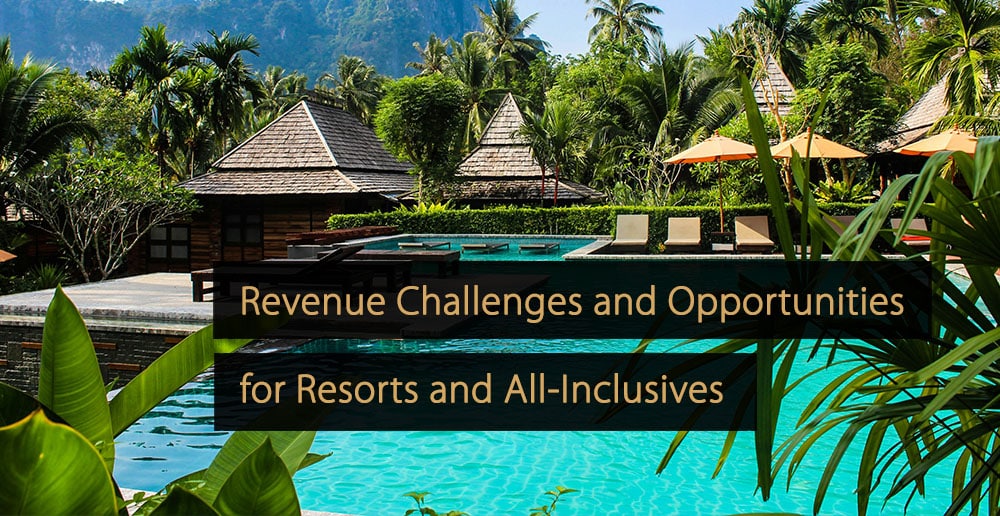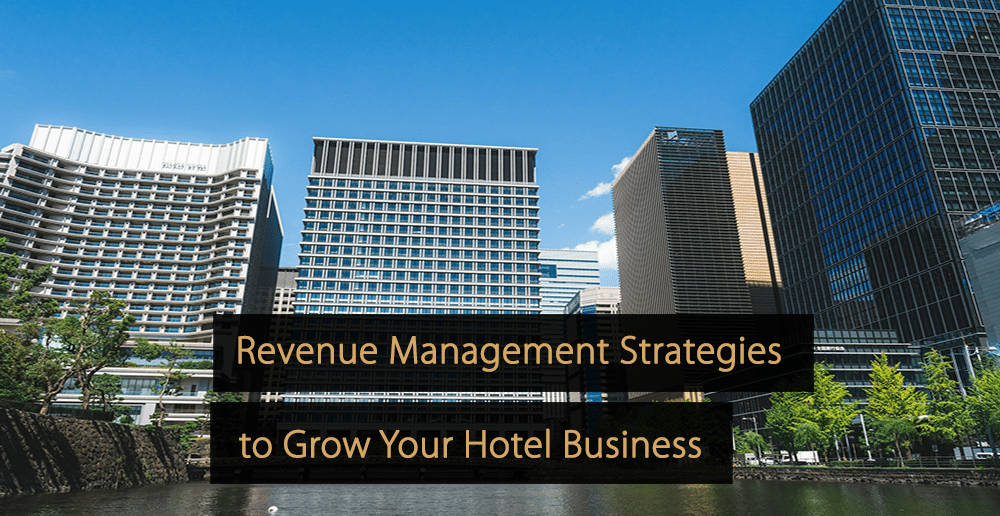Accommodation service providers include everything from hotels and hostels to bed and breakfast accommodations, motels, and serviced apartments. In this article, you can access relevant tips for all accommodation service providers to generate more customer revenue.
Table of Contents:
- What is Accommodation Service?
- Accommodation Service Types
- Tips & Strategies to Increase Revenue for Accommodation Service Providers
- Clear and Logical Branding Efforts
- Consistent Revenue Management Strategy
- Ensure the Necessary Hotel Software is Installed
- Stay Up-To-Date with Hotel Technology
- Work with Online Travel Agents
- Have an Optimized Hotel Website with Direct Booking
- Increase Revenue Through Additional Offerings
- Create Hotel Packages
- Have a Strong Digital Marketing Strategy
- Consider Outsourcing Hotel Management for Optimization
- How to Start an Accommodation Service Business
What is Accommodation Service?
Accommodation service can be described as providing a room, building, or lodging sold to guests in the short term. Accommodation services of this kind are primarily aimed at travelers or tourists. The key to fitting this criteria is that the accommodation should be temporarily paid for as a service.
This means that long-term accommodation is not included, nor is any form of permanent accommodation or any shelter provided for free. Accommodation service is generally used to refer to rooms or accommodation that is sold on a per day or week basis. It excludes rented homes, flats, or other long-term arrangements.
Accommodation Service Types
A number of different business types can be considered to be offering an accommodation service. Aside from the short-term, temporary nature of business dealings, the defining feature of accommodation service is the provision of shelter, including a place to sleep. Related services may also be offered, which could include food and entertainment.
Some of the most common examples of businesses offering an accommodation service are: hotels, hostels, holiday cottages, motels, bed and breakfasts, and serviced apartments. However, this is not an exhaustive list; several other accommodation types also fulfill the basic criteria for offering accommodation services.
In the “Hotel Industry: Everything You Need to Know About Hotels!” article, you will find a section outlining the different accommodation types within the hotel industry. These property types can also be considered accommodation service providers, with hotel meaning any short-term guest accommodation in this context.
Tips & Strategies to Increase Revenue for Accommodation Service Providers
In the following sections, you will learn some key tips and useful strategies that will allow you to generate more revenue from your guests in the future.
1. Clear and Logical Branding Efforts
The first step to boosting revenue for accommodation service providers is to focus on branding. What does your business stand for? What are your values? What is your target market? The best accommodation brands can distill their offering into compelling stories and communicate with a clear and consistent brand voice.
Create a cohesive brand identity. Adopt a tone of voice likely to resonate with your target audience, and use that tone throughout your marketing efforts. Think about the name of your property, your logo, and your unique selling proposition, and make sure all of these elements make sense when viewed as a whole.
Clear and strong branding and effective accommodation or hotel marketing can go a long way toward helping your business stand out from competitors. It also helps to give customers a reason to select your business.
2. Consistent Revenue Management Strategy
To optimize revenue, accommodation service providers must commit to a consistent revenue management strategy. In simple terms, revenue management involves using analytics to understand trends and customer behaviors, make intelligent forecasts about demand, and optimize pricing and product availability to maximize income.
A good way to think of revenue management is as the process of selling the right product or service, for the right price, to the right customer, at the right time, through the best channel, with the ideal cost efficiency.
This process requires you to make sensible use of historical data, the booking data currently on your books, wider industry data, and any other relevant information you can access. You must also continually monitor key performance indicators, such as revenue per available room (RevPAR) and average daily rate (ADR).
Video: Hotel Revenue Management – Simplified!
3. Ensure the Necessary Hotel Software is Installed
Optimizing revenue generation for an accommodation service provider requires modern technology, including the latest software. Many different solutions can be valuable to those in hotel management or similar positions, with a property management system (PMS) serving as one of the best examples.
However, various other tools can be useful too, including distribution channel management software, a revenue management system (RMS), a robust online booking engine, and tools that will allow you to build and optimize a website so that you maximize the number of direct bookings generated from guests.
In the “Hotel Software: The Most Important Software Solutions for Hotels” article, you can access a more comprehensive breakdown of the software packages you need and how they can assist you.
4. Stay Up-To-Date with Hotel Technology
Wherever a property or hotel budget allows, investing in the latest technology is important. This lets you keep up with wider industry trends and meet or exceed guest expectations. It also provides opportunities to automate repetitive tasks, take pressure off your employees, and improve efficiencies.
Some great examples of hotel technology solutions that could help accommodation service providers include chatbots for customer service, mobile check-in solutions, virtual reality technology, artificial intelligence, and mobile apps. Some forward-thinking properties have also experimented with the use of robotics.
In the “Hotel Technology Trends: 16 Upcoming Innovations You Must Know” article, you can access a detailed breakdown of the most important technology solutions disrupting guest accommodation settings and explore the potential benefits of investing in these innovations.
5. Work with Online Travel Agents
Although direct bookings are always the best-case scenario for accommodation service providers, any hotel owner will tell you the harsh reality that some customers explore hotels exclusively through third-party platforms. Therefore, you should work with online travel agents to maximize your revenue.
Many of these platforms are available, each catering to different types of properties and providing different tools to help you make sure your listing stands out from rivals. Some of the best-known examples of online travel agents include Expedia, Booking.com, Priceline, and TripAdvisor, but niche OTAs exist too.
OTAs are helpful because they function as a distribution channel for attracting bookings and a marketing channel for attracting attention. Often, property listings on OTAs will show up in Google searches. Sometimes, customers may even find your property on a third-party platform and then decide to book directly with you.
6. Have an Optimized Hotel Website with Direct Booking
Whenever possible, you want customers to book directly because this avoids situations where you have to pay commission fees to third-party platforms. It also means you have full control over the customer journey and access to valuable data that can inform your wider accommodation service strategy.
To achieve this, you need to optimize your hotel website. Ensure it is easy to use on desktop, mobile, and tablet devices. Include an easy-to-use booking engine, so that bookings can be completed directly from your website. Take time to optimize headings, content, and loading times so that you provide a great user experience.
In the “Best Practices & Examples for Hotel Website Design” article, you will be able to learn more about the kinds of tactics and strategies that can help you improve the quality of your website.
7. Increase Revenue Through Additional Offerings
Selling overnight stays will always be the bread and butter of accommodation service. Still, when it comes to generating more revenue, it is worth exploring the various opportunities that exist to offer additional services. Depending on the size of your property and your target market, the options here could be almost endless.
A restaurant is a great revenue source for many types of accommodation, while there is also a strong demand for guest accommodation that includes facilities like a gym or a swimming pool. If you have the space, hosting business conferences, weddings, or wedding receptions, parties, and other events can also boost your income. Speak with your various hotel departments and see if there are other possible revenue streams they can help you implement.
Even if you do not have much to offer guests beyond a bed and a safe and pleasant environment, you could explore hotel financing options and look at ways to expand your offering. Food and drink services are an especially good way to increase revenue, and this could be simple room service options if a full-scale restaurant is unfeasible.
8. Create Hotel Packages
Hotel packages can essentially be described as bundles. They are a collection of services or offerings, which are sold together rather than being sold separately. Often, hotels offer packages that provide a discount compared to paying for the services separately, providing an incentive for customers to pay for more than just their room.
Think about the different hotel operations and services you provide and consider whether you could add package deals that provide something really appealing to guests. Packages could be as simple as selling both a room and improved Wi-Fi access to business travelers, or selling wellness packages that include gym access. Alternatively, you could partner with other businesses and sell packages that include activities or event admission.
In the “Hotel Packages: Tips to Optimize the Use of Hotel Package Deals” article, you can find out a whole lot more about what hotel packages are, how they work, and why accommodation service providers might choose to offer them. You may also gain inspiration for packages you could offer at your property.
9. Have a Strong Digital Marketing Strategy
A large percentage of your revenue-generating potential is tied to your marketing strategy and, in particular, your digital marketing. Accommodation service providers need to take advantage of the full range of options available to them, to attract attention and generate bookings.
Content marketing can be a great way to drive traffic towards your website and attract direct bookings. It also increases your presence on Google’s search engine results pages, improving brand awareness. Social media posts are another great way to reach a wider audience and showcase your hotel at its best.
Use your marketing to draw attention to positive aspects of your property. Try to capture photographs and video content, too. It is important to do this at the right times. For instance, take photos after your employees have carried out any housekeeping duties, so potential customers will see your rooms in the best possible light.
Video: Digital marketing strategies for resort hotels | Need-to-know
10. Consider Outsourcing Hotel Management for Optimization
Finally, you may be able to boost revenue by outsourcing some of the responsibility for managing your property to a third-party management company. Hotel management companies and similar businesses will offer a number of useful options that can alleviate pressure on you and your employees.
A third party could potentially take responsibility for aspects of recruitment, or housekeeping. You might use a management company to oversee any food and beverage services you provide to guests. Alternatively, you could outsource responsibility for hotel maintenance, or management of your outdoor areas, such as gardens or pools.
From a financial perspective, outsourcing can often work out cheaper than paying full-time staff, and it allows you to save money on training and employee benefits. You will need to take the time to research management companies properly because their conduct and standard of work will ultimately reflect on you, the accommodation service provider.
How to Start an Accommodation Service Business
There are many different elements you need to think about when starting a new accommodation service business, from the location of your property, to the competitors in the local area and the different hotel financing options. On top of this, you need to create a compelling business plan and recruit staff for your various departments.
In the “How to Start Hotel Business: 10 Steps for Launching a Successful Hotel Business” post, you can access insights into the most crucial elements to think about before you get started with providing guest accommodation.
Accommodation Service FAQs
Accommodation service providers are businesses that offer guest accommodation on a temporary basis, primarily to travelers and tourists. Using the tips outlined, a hotel business or similar property can attract more customers and generate more revenue, improving their overall financial health.
More Tips to Grow Your Business
Revfine.com is the leading knowledge platform for the hospitality and travel industry. Professionals use our insights, strategies, and actionable tips to get inspired, optimize revenue, innovate processes, and improve customer experience.Explore expert advice on management, marketing, revenue management, operations, software, and technology in our dedicated Hotel, Hospitality, and Travel & Tourism categories.
This article is written by:
Hi, I am Martijn Barten, founder of Revfine.com. With 20 years of experience in the hospitality industry, I specialize in optimizing revenue by combining revenue management with marketing strategies. I have successfully developed, implemented, and managed revenue management and marketing strategies for individual properties and multi-property portfolios.










Leave A Comment